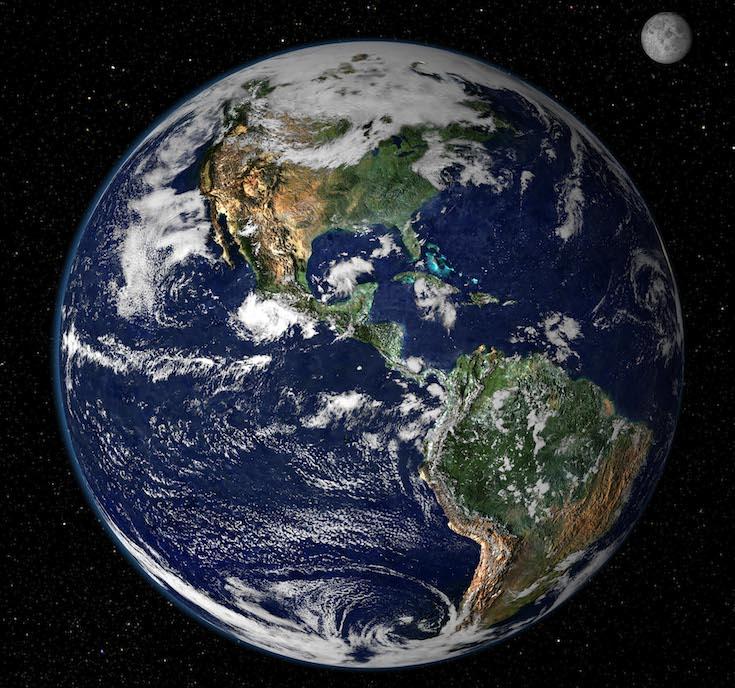
Did you know that our lovely little planet creates an eerie hum? Don't fret if you didn't: Our human ears can't detect it. But the hum, discovered in the late 1990s, is discernable to seismic instruments.
Now, a new French study—published in February, but currently circling the Internet—thinks it has an answer about why the ringing sound exists. And it's maddeningly simple: ocean waves.
When waves crash into each other, as it turns out, they create a humming noise. Interestingly, slower-moving waves create longer sounds; while a quick wave's hum lasts only around 13 seconds, slower waves can produce a hum that lasts between 13 and 300 seconds.
This new discovery provides scientists with more insight into the ever-mysterious inner-workings of Earth. Already, we know that waves extend down to the seafloor; studying them can help us learn more about these large, yet unexplored (for obvious reasons) elements of our planet.
Science: cool, no?






